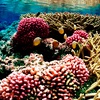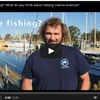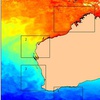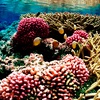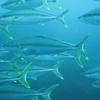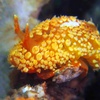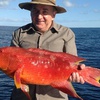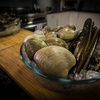
How coastal communities with shellfisheries can prepare for ocean acidification
Oceans are gradually becoming warmer and more acidic as more carbon dioxide enters the atmosphere — two shifts that are altering the economic foundations of many coastal regions. In a new study published in Nature Climate Change, we and our colleagues set out to identify hotspots around the United States for ocean acidification, writes scientists in The Conversation US. Read the full story here.


